Against Decolonisation: Taking African Agency Seriously (African Arguments)
£13.90£14.20 (-2%)
Selected as one of ‘100 Notable African Books of 2022’ in Brittle Paper
A leading African political philosopher’s searing intellectual and moral critique of today’s decolonisation movement.
Decolonisation has lost its way. Originally a struggle to escape the West’s direct political and economic control, it has become a catch-all idea, often for performing ‘morality’ or ‘authenticity’; it suffocates African thought and denies African agency.
Olúfẹ́mi Táíwò fiercely rejects the indiscriminate application of ‘decolonisation’ to everything from literature, language and philosophy to sociology, psychology and medicine. He argues that the decolonisation industry, obsessed with cataloguing wrongs, is seriously harming scholarship on and in Africa. He finds ‘decolonisation’ of culture intellectually unsound and wholly unrealistic, conflating modernity with coloniality, and groundlessly advocating an open-ended undoing of global society’s foundations. Worst of all, today’s movement attacks its own cause: ‘decolonisers’ themselves are disregarding, infantilising and imposing values on contemporary African thinkers.
This powerful, much-needed intervention questions whether today’s ‘decolonisation’ truly serves African empowerment. Táíwò’s is a bold challenge to respect African intellectuals as innovative adaptors, appropriators and synthesisers of ideas they have always seen as universally relevant.
Read more
Additional information
| Publisher | 1st edition (30 Jun. 2022), C Hurst & Co Publishers Ltd |
|---|---|
| Language | English |
| Paperback | 368 pages |
| ISBN-10 | 1787386929 |
| ISBN-13 | 978-1787386921 |
| Dimensions | 21.21 x 2.31 x 14.05 cm |







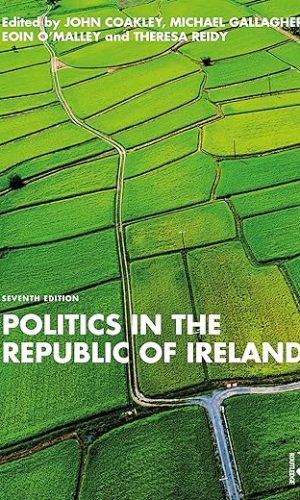
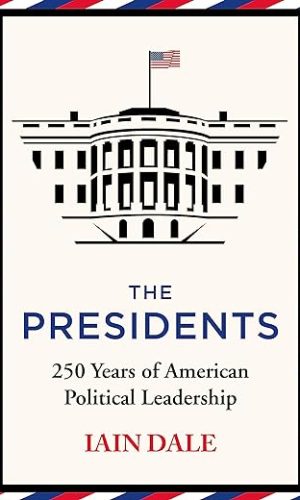
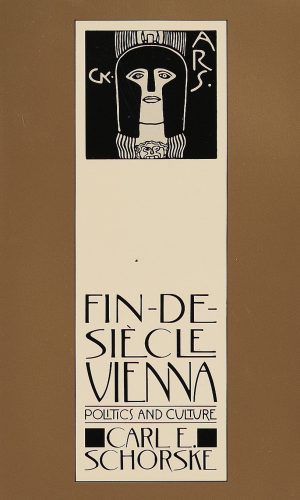
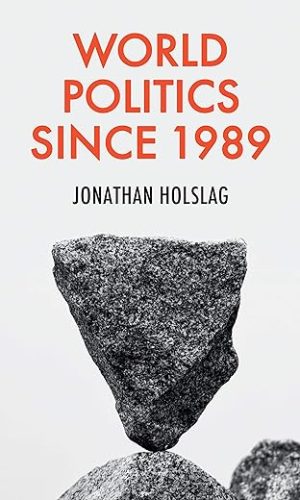

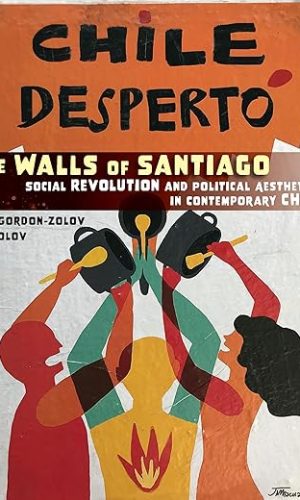
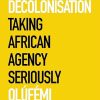
by M Dalgaard
It is my hope that this book becomes required reading in our academies and that its insights will filter into mainstream conversations on race and culture. Táíwò makes clear that Africa’s problems are different from America’s, but the distinction he draws between the political decolonisation that came with independence and the broader, frequently misguided processes of “dismantling” the legacy of the coloniser bears relevance in America and Britain nonetheless.
He unpacks a wealth of patronizing assumptions that accompany academic attempts to bifurcate modern/European from traditional/native approaches to self-governing. He shows how critics ignore the actual words of Fanon and the complex histories of countries like Liberia, as well as precolonial intellectual developments. Others would wish to extricate a pure African philosophy from any Western analytic (and therefore universal) influence, while still others would have authors not write books or poetry in English or French. (Arabic appears not to fall within the realm of foreign.)
These are impossible, counter-productive tasks, Táíwò finds. As an advocate for agency, he is a positive voice for the benefits of synthesis and intellectual freedom.